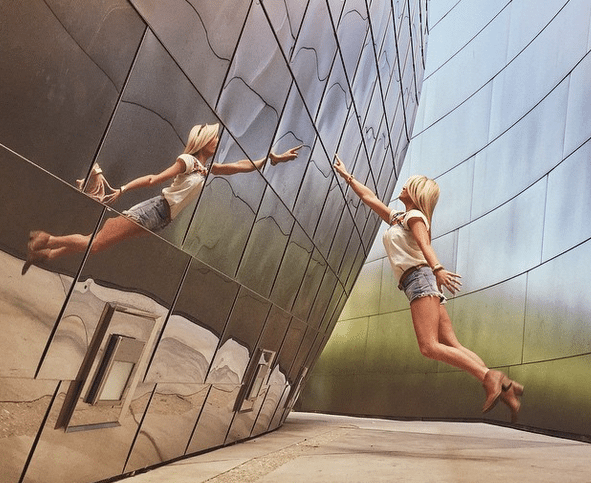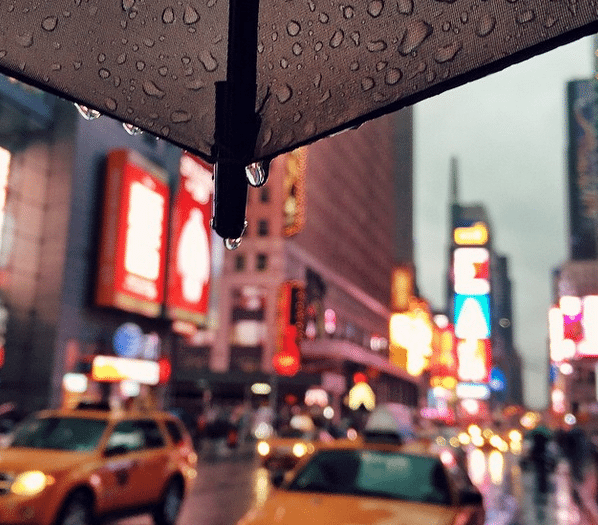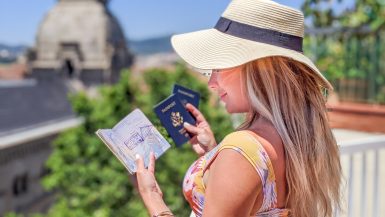by Alyssa Ramos

After a full week of shooting models backstage at New York Fashion Week, photographer Kevin Lu (Instagram: @sweatengine) lent me some time to interview him on tips for taking travel photos with your iPhone.
I met Kevin on my flight from New York to LA when he noticed me blogging and I noticed him editing photos. It turns out that Kevin used to be a biomedical engineer where he designed computer graphics for joint replacements. Then, Kevin discovered Instagram, and the world of photography that he has grown to love.
Kevin quit his job three years ago and went around the United States with another aspiring photographer for two months to take photos. He knew it was a huge risk, but wanted to do something that would make him stand out. They lived off generosity, staying on people’s couches or sleeping in the car, until they finally arrived in San Francisco, where they met the Instagram team. Instagram ended up sponsoring his story, which gained him a ton of exposure and new opportunities.
When Kevin returned to New York, he started working with several modeling agencies and submitting his work to major publications. His photos have been featured in Travel and Leisure, National Geographic, and he’ll be shooting for VOGUE this year as well.
Although he uses a big fancy Nikon for most of his professional photography, Kevin says he enjoys taking pictures with his iPhone more because it immediately becomes more fun (and less invasive). Here are his tips on how to shoot professional-looking travel photos with your iPhone!
Jump To:
1. Understand Light
Most people will just snap a photo at any time of the day (like me) but if you’re aiming to get some professional shots, you need to have a good understanding of light, subject and composition. For example, avoid outdoor shots at noon because the light is too harsh and you’ll, “look like a panda”.
The early morning or late afternoon lighting works best for outdoor shots. Night shots can usually be taken any time but if it’s too dark, he suggests using an app called Cortex Camera which takes 100 pictures in a second and makes an average of all of them.
If the shot is too bright (like a shot of New York City at night), he says to use HDR because it gives you more details, and recovers highlights. You also get two photo choices to choose from.
2. Take a lot of Photos
Don’t just try to get that one perfect shot. Kevin says to take a lot of photos and to take them of different things and at different angles, so that later you have a wide selection to choose from. You can also use the burst mode to take a lot of pictures at once.
If you’re like me and you have an issue with storage space, unload your photos onto a hard drive and delete them off your phone. It may be painful to delete them, but at least you’ll have space available for other things.
3. Never Use Zoom
Kevin says, “use your feet to zoom”. When you use a digital zoom, it makes the photo more pixelated and degrades the photo. Instead, just walk closer to what you’re trying to zoom in on if you can. You can also use lens attachments that zoom like Olive Good, but Kevin says he doesn’t use any because it takes too long to configure and you can end up missing the shot.
4. iPhone Camera Modes To Use
Your iPhone Camera has a few modes you may not know about. For instance, you can tap the screen to focus on something, then once you lock the focus, you can slide your finger to adjust the exposure and brightness.
If you’re trying to get an action shot, you can use burst mode which takes 20 shots at once, or you can even take a video then scroll through it and choose the still shot you want. He also suggest playing around with the time lapse and slo mo modes for different types of shots.
5. Editing With iPhone
Kevin does all of his Instagram photo editing on his phone. He has a few apps that he uses, but says he mostly just finds the shot he likes, adjusts the intensity, and then uses an Instagram filter. The apps he recommends for editing include Snapseed, VSCO, and After Light.
He also suggests not spending more than ten minutes editing, and says if you do, you’re doing something wrong or the photo isn’t as good as you think it is. You’re also wasting time, and according to Kevin, “You can replace most things, but not time”.










Hi Alyssa,
Thank you! I didn’t know you could lock the focus on an iPhone – that’s so helpful! 😉
Cheers,
Asher.
This is a genuinely helpful post – thank you! I’ve just moved from iPhone to Android but the camera is even better so I reckon I can take all of these tips with me as I go. It’s really reassuring to know that even the pros edit directly on their phones, and that they recommend shooting on a phone in the first place. Thanks so much for sharing!
I love this post! What a chance encounter. Thanks for sharing!
Great tips! I often find myself with just my phone on me for pictures so I appreciate these ideas 😀